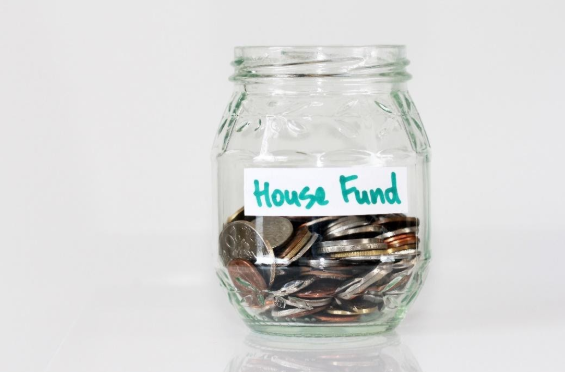
Everyone dream of owning a house, but it is more challenging, especially when you earn below average while paying student loans. A student loan is just like any other type of debt, and it should not preclude you from purchasing a house. With your financial foundation and proper planning, it can happen.
Increase Your Income
Your salary might not cater to your basic requirements, saving for a house, and settling your student loan at the same time. Saving becomes a critical challenge if you are in a situation like that. However, you should not sacrifice your goal of owning a house at the expense of loans. You can venture into other practical mechanisms where you can diversify your income. Part-time online writing can be a better hustle since many students ask, “Which are the best writing services to do my essay?” Another way of increasing your income is by asking for and negotiating for a pay increment from your employer. A pay rise may depend on the time you’ve been working and your experience. By increasing your income, you lower the debt to income ratio, enabling you to save or pay for a mortgage.
Save Automatically
Many people understand that saving money requires a lot of discipline for any plan to succeed. An automatic savings plan requires self-discipline to initiate the process and pay less attention to the process. Automated saving is an excellent way of raising money for purchasing a house while paying student loans. With automatic saving, you can manage and stick to a particular personal budget and avoid overspending (Julia Kagan, 2019). Develop and link a saving plan with your bank account where regular and automatic fixed money saving from your account takes place when you receive a paycheck. It offers an emotional benefit by forgetting and mentally disconnecting from the saving process since it is automatic, and you do not feel the burden of saving so much for the future.
Lower Your Student Loan Payments
Paying student loans is a daunting experience after college, while you try to pursue your goals. It is no different when you want to own a home with your income monopolized by student loan debts. If your debt repayments are very high to the extent of hindering your saving for a house, you can reduce the repayments by refinancing your loans (Robert Farrington, 2020). The monthly repayment of student loans depends on loan balance, interest rate, repayment plan and term. You cannot refinance federal student loans that are flexible; through your lender, you can customize a repayment plan that suits your income. Also, loan consolidation is an essential strategy that can reduce repayments on a low-interest rate (Miriam Caldwell, 2019). Through such mechanisms, you can save money for your house while repaying your loans with your income.
Put additional money in savings
As we all agree that reserving cash is the best way for one to purchase a house, your income alone may not allow you to save enough money. It is usual for anyone, at some point in life, to receive some gift checks, rebates, additional work allowances, and a taxation refund. The extra money you obtain from selling pre-written essays can form a sensible foundation for buying a house. Ensure to save all the additional money you receive into your house savings account. Avoid the temptation of spending such extra income to realize your goal of purchasing a house (Jim Probasco, 2019).
Try to Pay Off Your Loans Quicker
Everyone would want to get the burden of student loans off their shoulders. If you have some income that can pay off your debt, settle your debts as first as possible. Avoid paying more interests accumulating from longer payment terms; the more you wait, the more interest you’ll pay. When you sort all your debts faster, you do away with poor credit ratings (Jim Probasco, 2019). Having a considerable debt balance can give you some psychological effect; therefore, pay off your loans first and venture into savings for your house.
Cut All Unnecessary Expenses of
Unnecessary spending is a significant setback in any development strategy. There are indeed expenses that we can forgo from our income and focus on saving more money. When you avoid all unnecessary costs, you can be paying off student loans at the same time, keeping to buy a house (Robert Farrington, 2019). List all expenses and decide which are most relevant and the least important, that way you can decide which are unnecessary. Though cutting off some costs may be a daunting task, saving money for owning a house may be worth it.
After college, hunting for your dream house is generally an exciting thing. Student loan debt is a significant setback when you want to acquire a home. However, several tips can help you save up more money for your house and pay debts. Also, you should pay off your debts before saving for a home.




 POSTED BY
POSTED BY 

